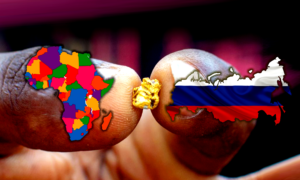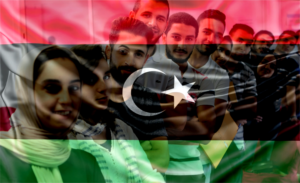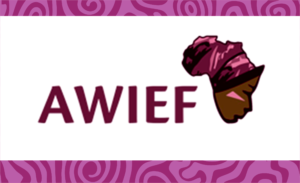Khaled El-Enany Emerges as Frontrunner to Lead UNESCO: Can Egypt’s Candidate Unite a Divided World?
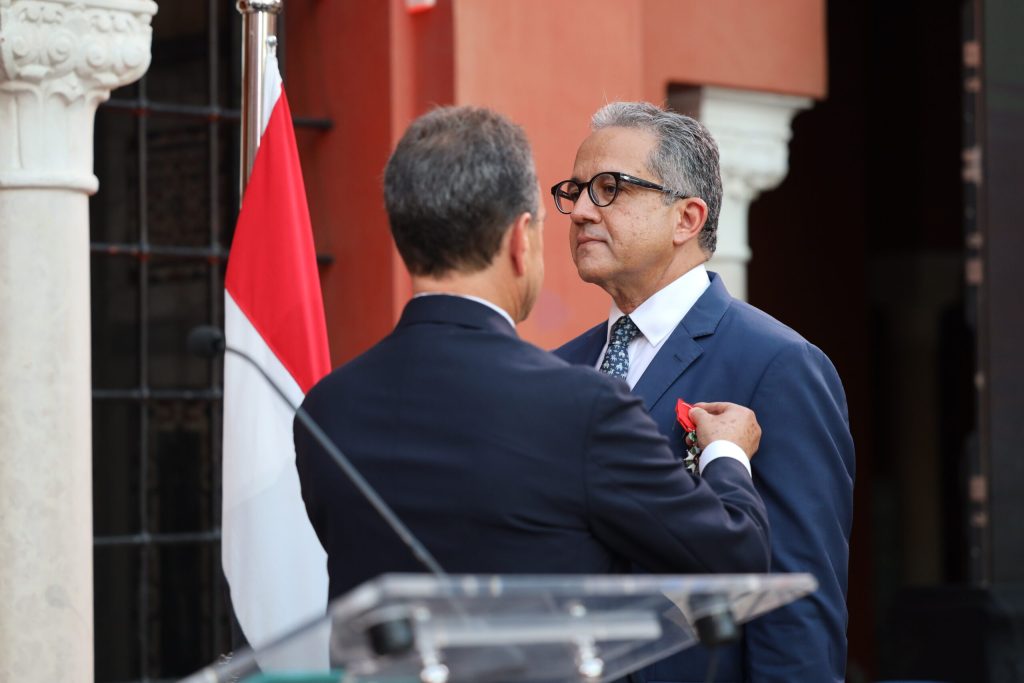
The contest to succeed Audrey Azoulay as director-general of UNESCO has entered a decisive phase, and Egypt’s Khaled El-Enany has rapidly become the frontrunner. If confirmed, the 51-year-old Egyptologist and former minister of tourism and antiquities would be the first African to lead the United Nations’ Educational, Scientific, and Cultural Organization since Senegal’s Amadou Mahtar Mbow, who held the post from 1974 to 1987.
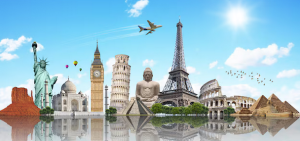
His rise comes after two pivotal developments: the withdrawal of Gabonese candidate Noël Nelson Messone, clearing the way for a consolidated African front, and Spain’s formal endorsement of El-Enany, joining a widening circle of supporters that includes France, the Arab League, Brazil, and Türkiye. These moves reflect not only shifting alliances but also the recognition that UNESCO’s leadership carries immense symbolic and strategic weight at a time when global culture, education, and science are under strain.
The African Union’s early backing of El-Enany underscores the continent’s ambition to reclaim a leadership role in multilateral institutions often dominated by Western or Asian voices. The withdrawal of Gabon’s candidate illustrates a strategic calculus: presenting a united African front amplifies the region’s influence in an organization that has become a battleground for cultural diplomacy.
For Egypt, the candidacy is also a demonstration of its soft power. Cairo, with its long history as a guardian of one of the world’s most treasured civilizations, has consistently positioned itself as a bridge between North and Sub-Saharan Africa, the Arab world, Europe, and Asia. In El-Enany, Egypt puts forward not just a seasoned technocrat but a cultural envoy whose academic expertise and ministerial background embody the intersection of scholarship and diplomacy.
Spain’s endorsement is especially notable. According to diplomatic insiders, Madrid’s decision reflects both strategic pragmatism and symbolic outreach. With Spain co-hosting the 2030 World Cup alongside Morocco and Portugal, aligning with a North African candidate at UNESCO strengthens its regional ties and global image as a mediator between North and South.
This illustrates a broader truth: UNESCO’s leadership is less about managing an institution and more about navigating cultural geopolitics. The next director-general will face an uphill task—restoring UNESCO’s relevance in a world where education systems are strained by inequality, cultural heritage is imperiled by conflict and climate change, and scientific collaboration is fragmented by geopolitical rivalries.
Beyond the cultural symbolism, UNESCO’s policies carry real economic consequences. To Egypt, El-Enany’s leadership could translate into greater global visibility for its heritage sector, which is closely linked to tourism, a cornerstone of the country’s economy and a lifeline for millions of families. Globally, UNESCO’s initiatives in education and science shape investment in digital literacy, sustainable industries, and cultural preservation, sectors that increasingly intersect with business interests and job creation.
If El-Enany can position UNESCO as a hub for green cultural investment such as sustainable tourism, heritage-linked entrepreneurship, or climate-conscious urban planning, the ripple effects could be felt in households across developing and developed nations alike.
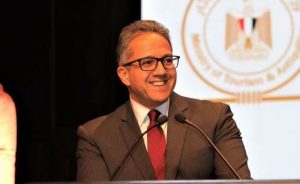
To many people across the world, UNESCO is not an abstract acronym but a protector of identity. Families in war-torn regions, whose children attend UNESCO-backed schools, or communities struggling to safeguard ancestral sites against urban sprawl, see the institution as a buffer against erasure. El-Enany’s critics note that during his tenure in Egypt, modernization projects sometimes came at the expense of heritage conservation. An experience that raises questions about how he would balance growth with preservation on the global stage.
Supporters, however, point to his inclusive campaign style. His tours to Brazil, Madrid, and Beijing, meeting with both policymakers and cultural actors, reveal a candidate attuned to the need for dialogue across divides. His candidacy resonates with educators, artists, and scientists who feel that UNESCO should better reflect the voices of the Global South.
At its heart, UNESCO is about people: the languages they speak, the traditions they pass down, the knowledge they share. El-Enany’s Egyptologist background symbolizes a deep respect for history, yet his challenge will be to make UNESCO not only a guardian of the past but a laboratory for the future. Issues such as artificial intelligence, cultural digitalization and the preservation of intangible heritage, from oral traditions to indigenous knowledge, will test his ability to lead in ways that resonate with younger generations.
Moreover, cultural leadership today is inseparable from social cohesion. In an era of rising nationalism, polarization, and cultural intolerance, UNESCO is called to act as a forum for dialogue. The next director-general must bridge divides between cultures, between the developed and developing worlds, and between tradition and innovation.

Despite his growing momentum, El-Enany’s candidacy is not assured. His record in Egypt leaves him vulnerable to criticism, and the unpredictability of diplomatic negotiations could still tilt the balance. The April board meeting will provide the first formal indication of support, but the decisive vote in November, hosted in Uzbekistan, may reflect last-minute shifts in geopolitical alignments.
The race for UNESCO’s top post is more than a leadership contest; it is a reflection of how the world values education, science, and culture in a time of fragmentation. If Khaled El-Enany secures the role, it would mark both a return of African leadership to the institution and a test of Egypt’s ability to translate cultural capital into global stewardship.
For families seeking better education, for communities preserving their traditions, for nations trying to balance progress with heritage, and for businesses seeking sustainable growth, the stakes of this race are deeply human. The question is not only whether El-Enany will win, but whether UNESCO, under any leader, can rise to the challenge of uniting a divided world around shared values.


